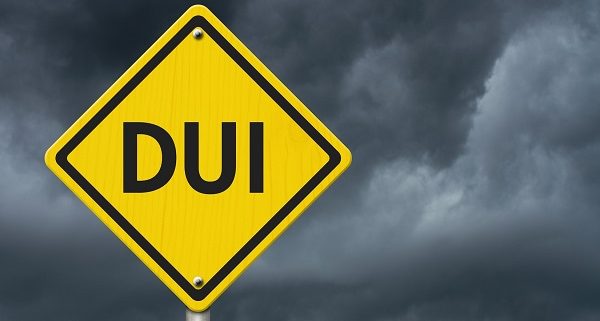Understanding Driver Deactivation
Driver deactivation refers to the process by which a rideshare driver is temporarily or permanently removed from the platform due to various reasons, such as violations of company policies or legal issues. This can significantly impact a driver's livelihood, making it essential to understand the circumstances that lead to such actions.
Common reasons for driver deactivation include receiving multiple complaints from passengers, failing background checks, or being charged with DUI offenses. Each rideshare company has its own set of guidelines, and drivers should familiarize themselves with these policies to avoid potential pitfalls that could lead to deactivation.
Legal Options After Driver Deactivation
If you find yourself facing driver deactivation, it is crucial to explore your legal options. Consulting with an attorney who specializes in rideshare law can provide you with insights into how to contest the deactivation or appeal the decision made by the rideshare company.
Legal representation can help you navigate the complexities of the appeals process, ensuring that you present a strong case. In some instances, drivers may be able to demonstrate that the deactivation was unjust or based on inaccurate information, potentially allowing them to resume driving.
Preventing Driver Deactivation: Best Practices
To minimize the risk of driver deactivation, it is vital for drivers to adhere closely to the rules and regulations set forth by their rideshare company. This includes maintaining a high rating, completing all required training, and ensuring that their vehicle meets safety standards.
Additionally, drivers should engage in proactive communication with passengers to provide a positive experience. By being courteous and professional, drivers can reduce the likelihood of receiving complaints that could lead to deactivation.
Impact of DUI Charges on Rideshare Drivers
DUI charges can have severe implications for rideshare drivers, often resulting in immediate deactivation from the platform. Understanding the full scope of these charges is critical for drivers who may face legal consequences that affect their ability to earn a living.
Beyond the immediate loss of driving privileges, a DUI charge can lead to long-term repercussions, including increased insurance rates and difficulties in securing future employment. Seeking legal counsel can help drivers understand their rights and navigate the legal system effectively.

